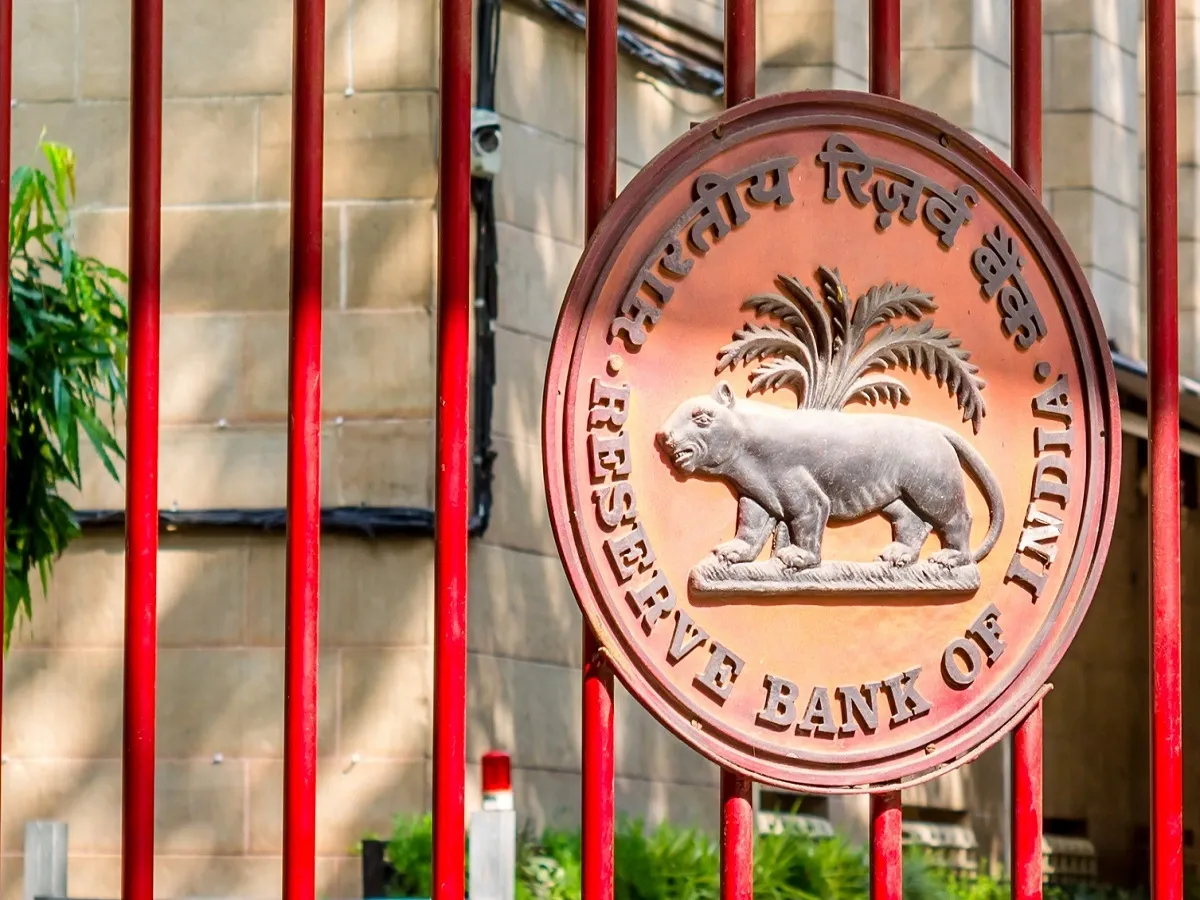Business News
RBI DG warns against reckless financialisation, calls for caution in lending and investments
.png)
3 min read | Updated on February 21, 2025, 13:36 IST
SUMMARY
RBI Deputy Governor M Rajeshwar Rao cautioned financial institutions against reckless financialisation, warning of risks from excessive borrowing and speculative investments.

Speaking at an event in stock exchange NSE, Reserve Bank Deputy Governor M Rajeshwar Rao said the "temptation" of short-term gains can easily overshadow the long-term financial security for individuals.
Reserve Bank of India (RBI) Deputy Governor M Rajeshwar Rao on Friday cautioned financial entities against reckless financialisation, warning that excessive borrowing and speculative investment trends pose major risks to both individuals and the broader financial system.
Speaking at the IIM Kozhikode-National Stock Exchange joint annual conference on Macroeconomics, Banking and Finance, Rao highlighted concerns over growing unsecured lending and speculative activities in capital markets.
"While technology and digital innovations are driving financial inclusion and access, they also bring with them the risk of excessive exposure and over-leveraging...The temptation of short-term gains can easily overshadow the long-term financial security of individuals," he said, urging financial entities to ensure customers fully understand the risks associated with leveraged products and speculative investments.
Rao stressed that financialisation and financial inclusion, though often used interchangeably, have distinct roles.
"Without inclusion, financialisation risks being concentrated among a privileged few, limiting broader economic participation. Conversely, without financialisation, inclusion remains superficial," he said.
The RBI's unified lending interface has facilitated 6 lakh loans of Rs 27,000 crore as of December 6 last year, Rao said, adding that 36 lenders are active on the platform which pulls data from 50 sources.
He pointed out that while India's Financial Inclusion Index improved to 64.2 in March 2024 from 60.1 a year earlier, mere access to financial services is insufficient.
"A bank account should serve as the entry point for individuals to access a broader suite of financial products, including credit, insurance, pensions, and investment opportunities. Without this deeper engagement, financial inclusion remains superficial, and the true benefits of a formal financial system do not reach every individual or business," he noted.
The Deputy Governor underscored the importance of financial literacy, warning that its absence leaves individuals vulnerable to predatory practices. "Increased financial literacy will help increase trust in the sector and its participants, whose benefits will accrue to the entities themselves," he said.
Rao cautioned that while financial regulation is essential to prevent systemic failures, excessive regulation could stifle innovation and restrict credit availability.
"Thus, regulating finance in an era of fast-paced technological innovation is a delicate balancing act," he said.
He also called on banks and non-banking financial companies (NBFCs) to adapt to evolving technological changes, investing in digital infrastructure while ensuring compliance and cybersecurity remain top priorities. "For financial institutions, the message is clear: adapt or risk becoming obsolete," he said.
Rao’s remarks come amid growing concerns over rising unsecured credit and speculative trading activities, which have drawn regulatory scrutiny in recent months.
By signing up you agree to Upstox’s Terms & Conditions
About The Author
Next Story

